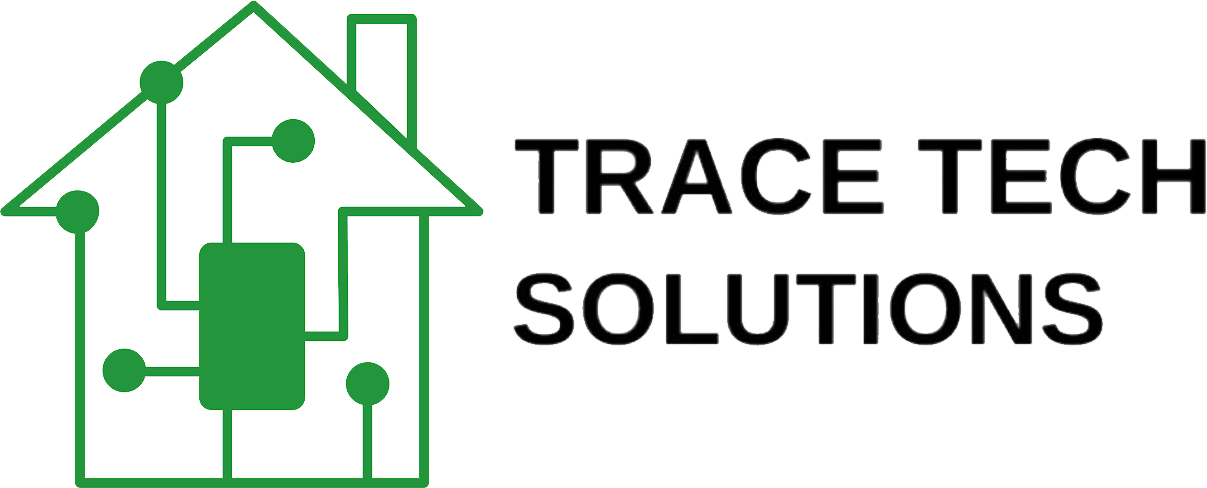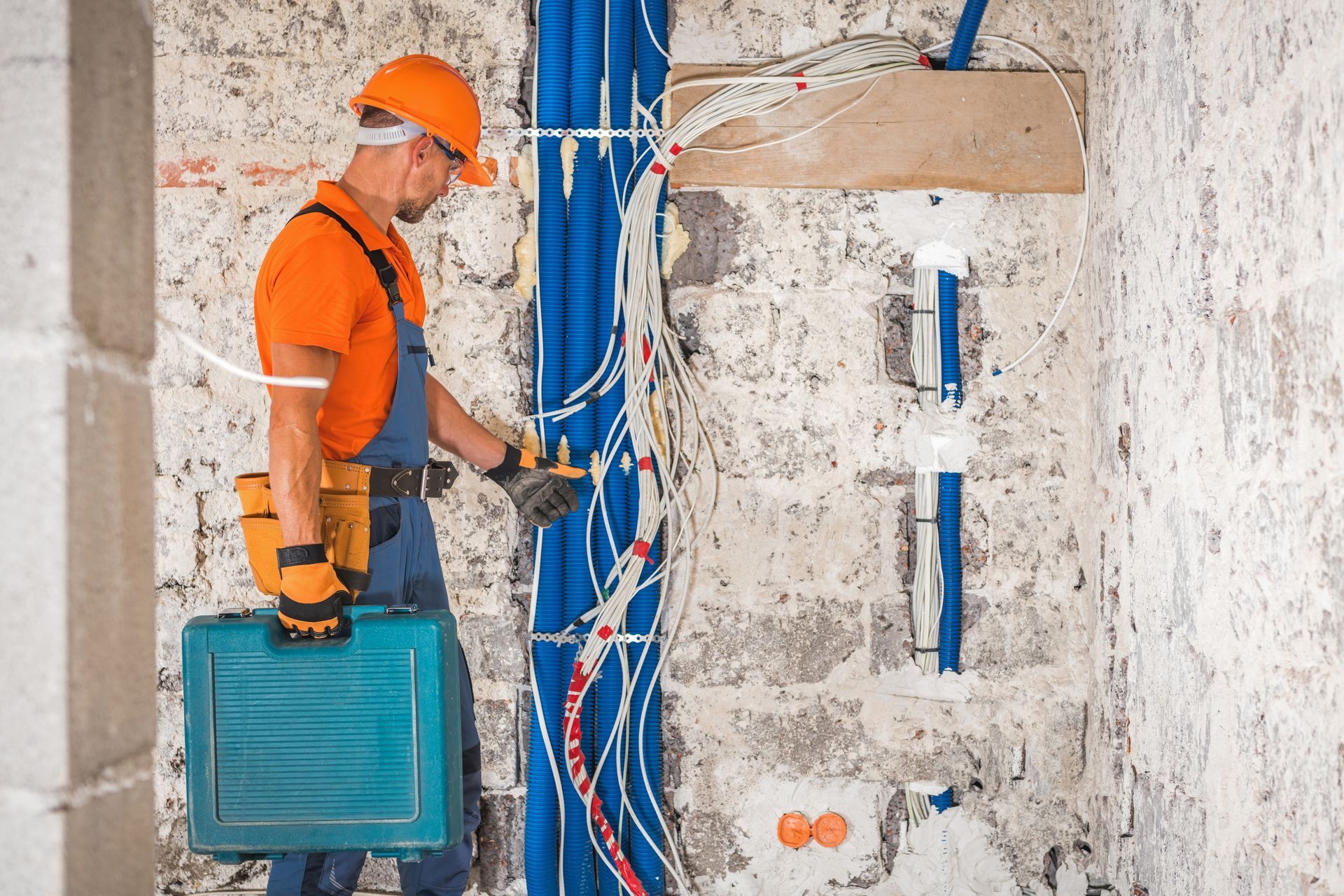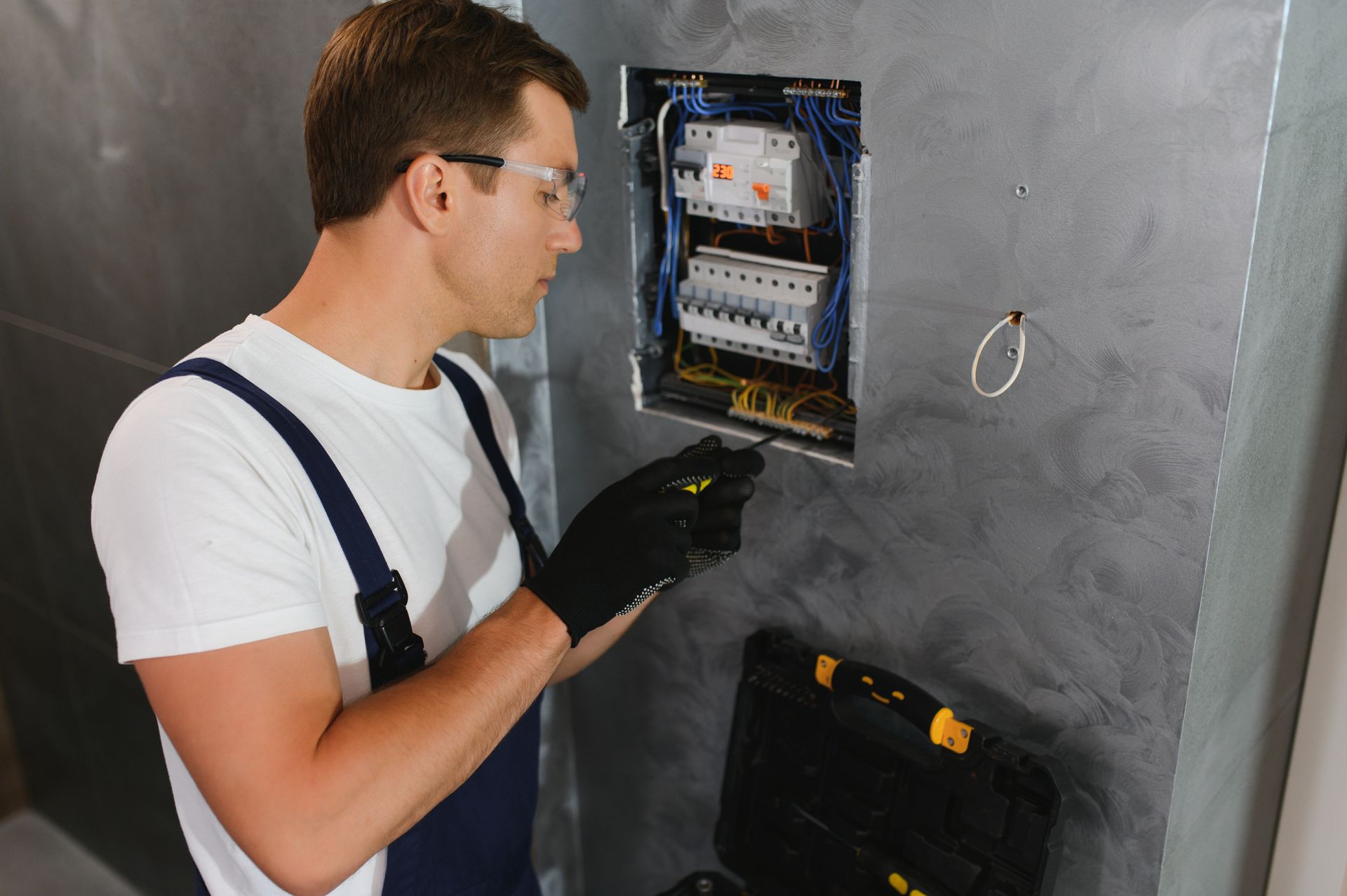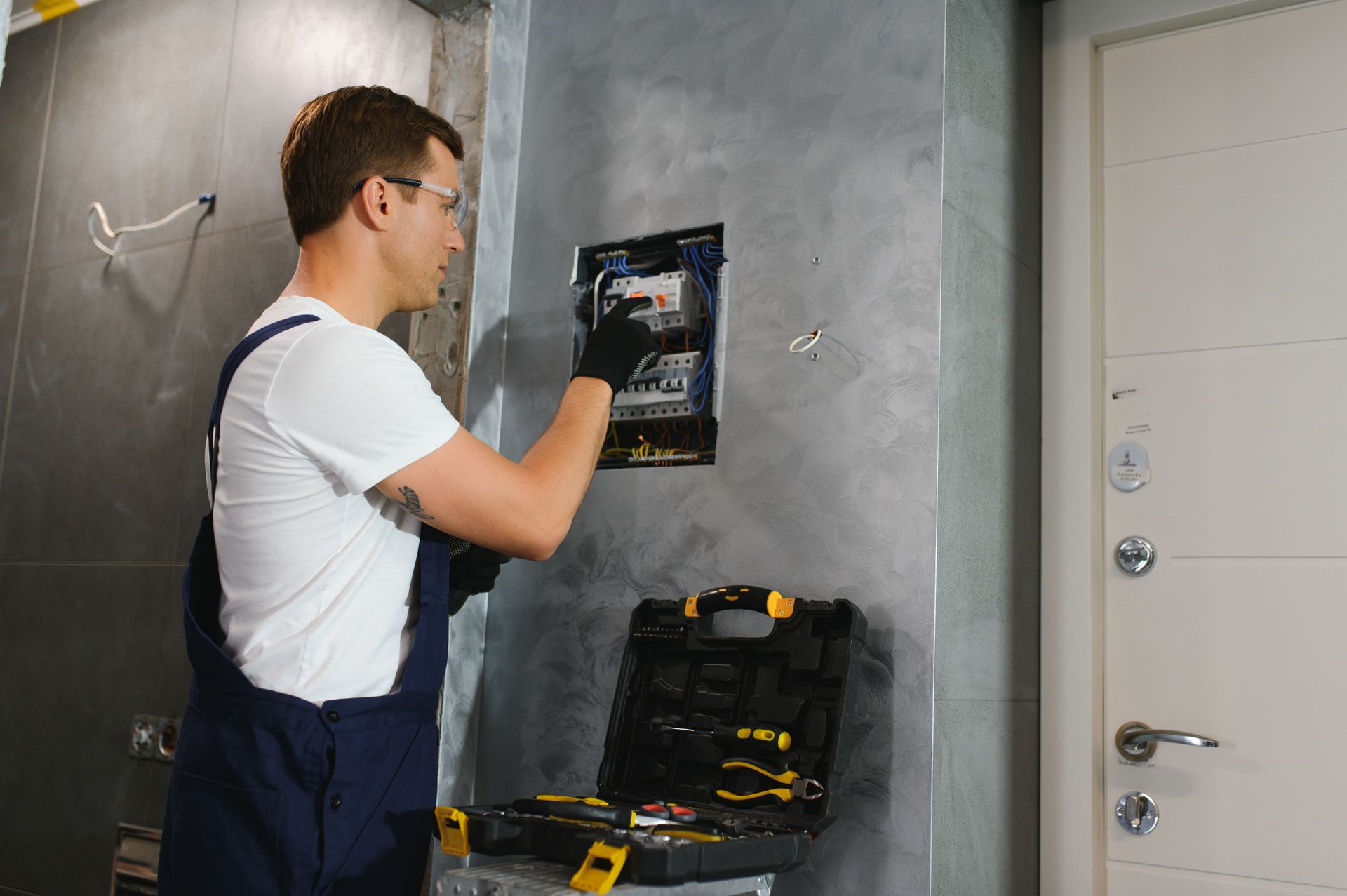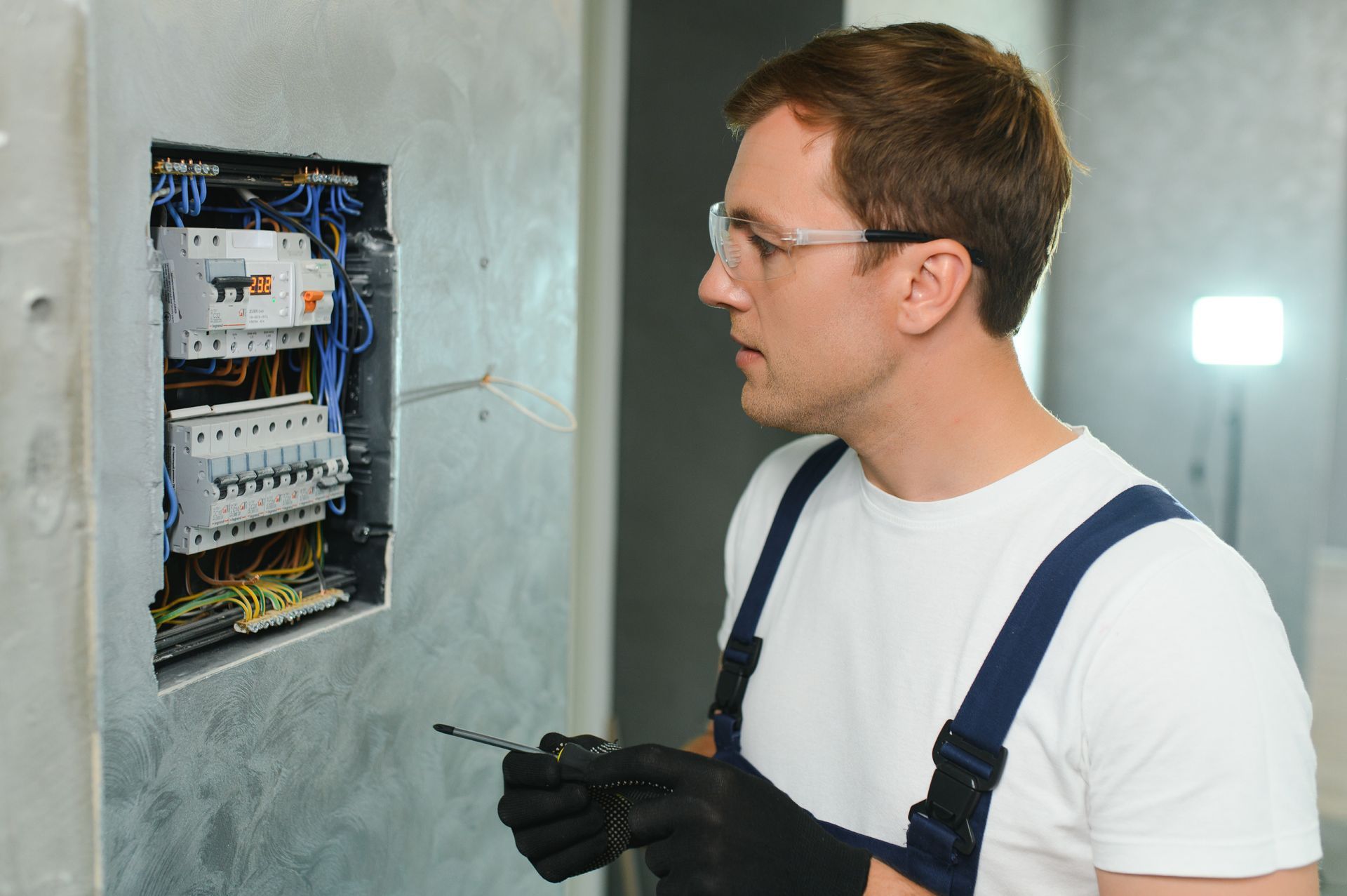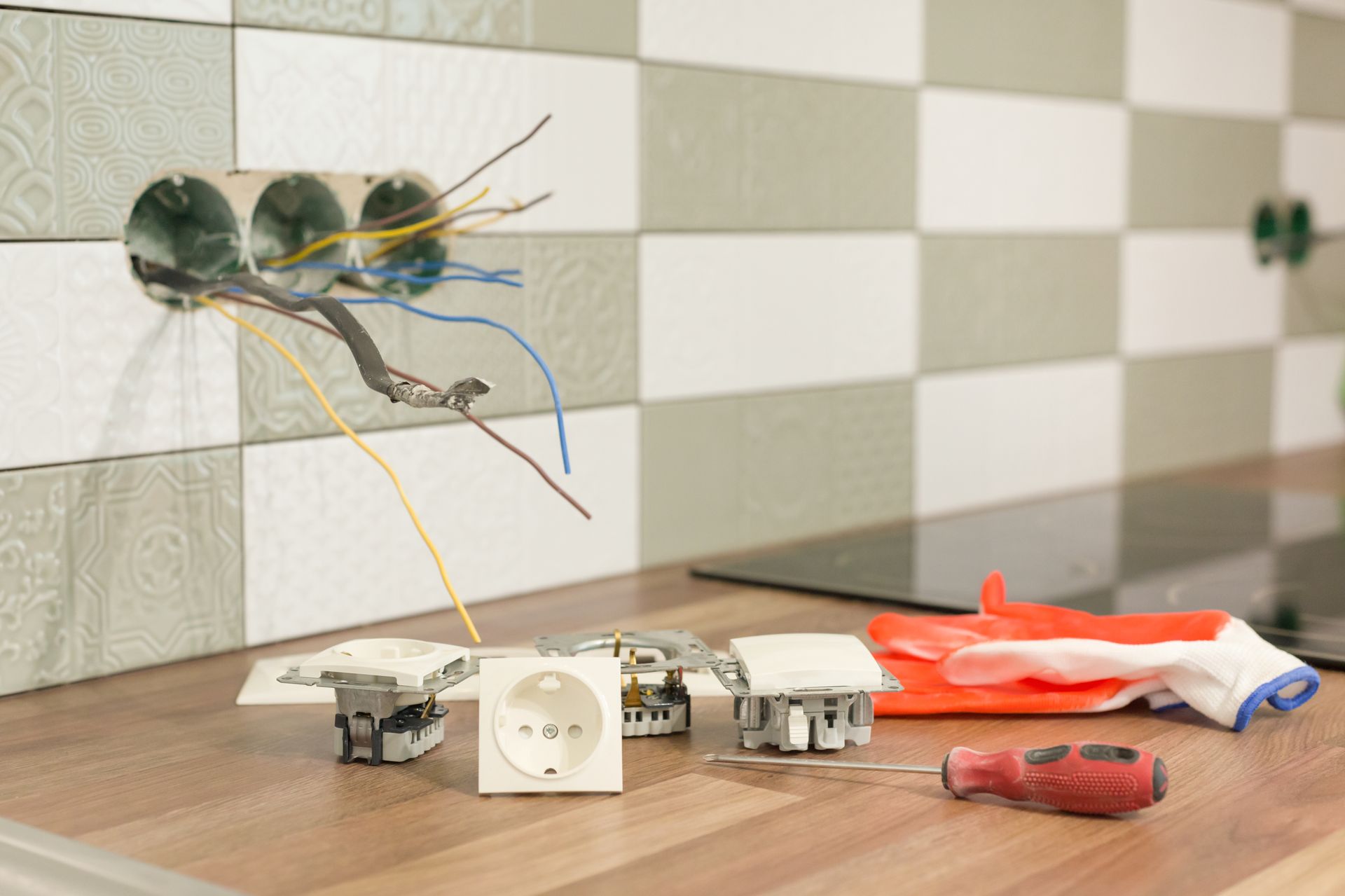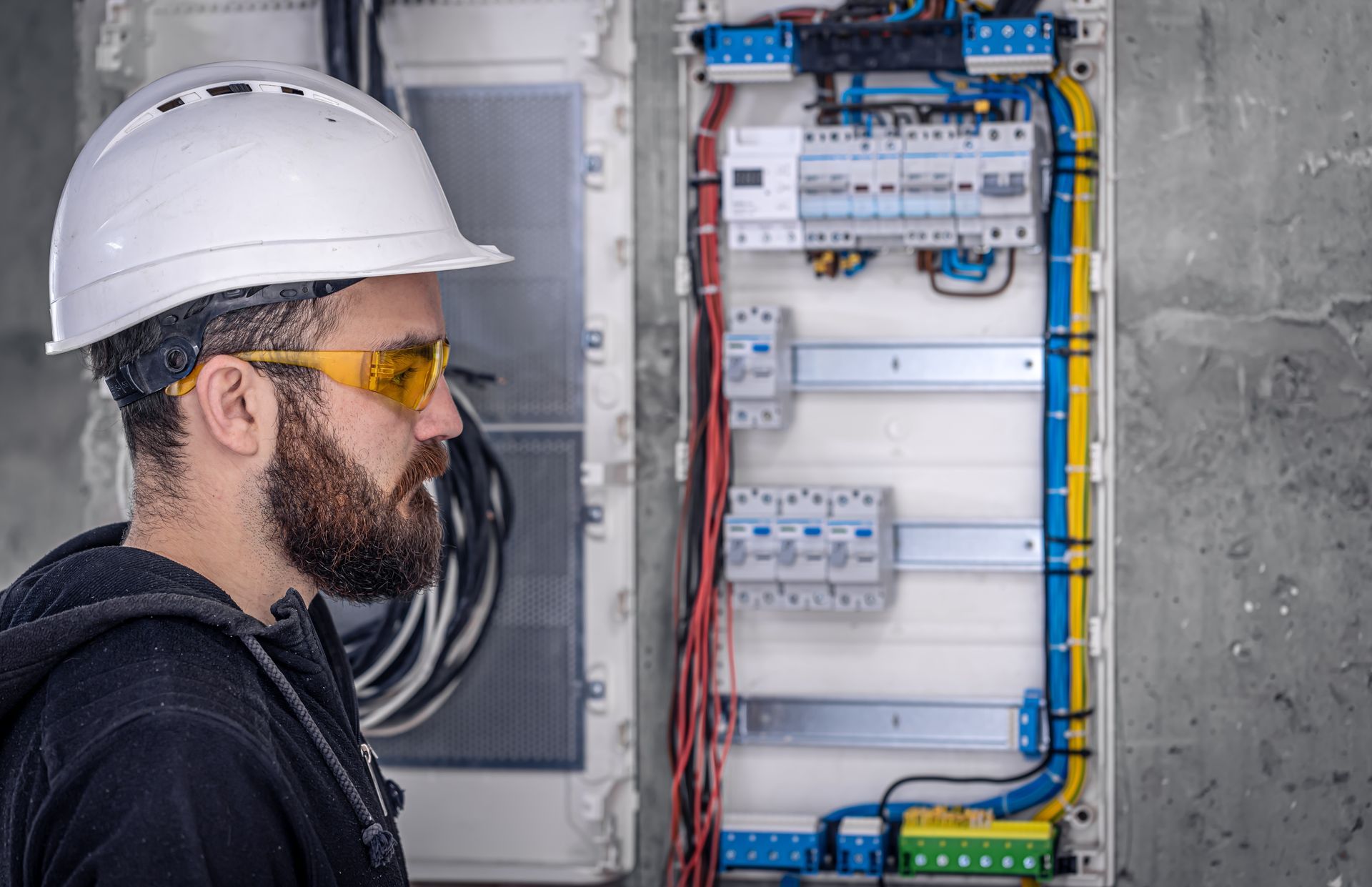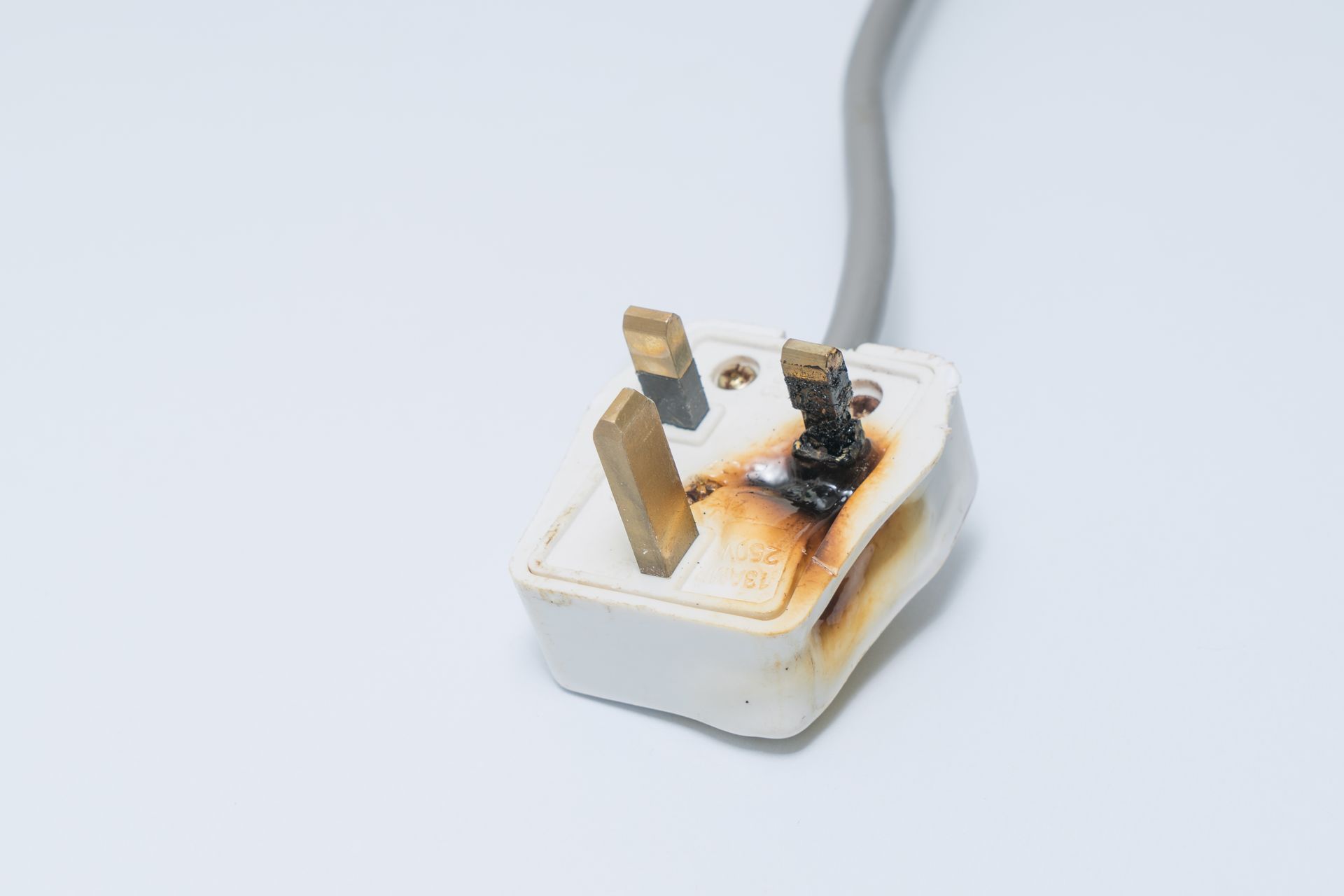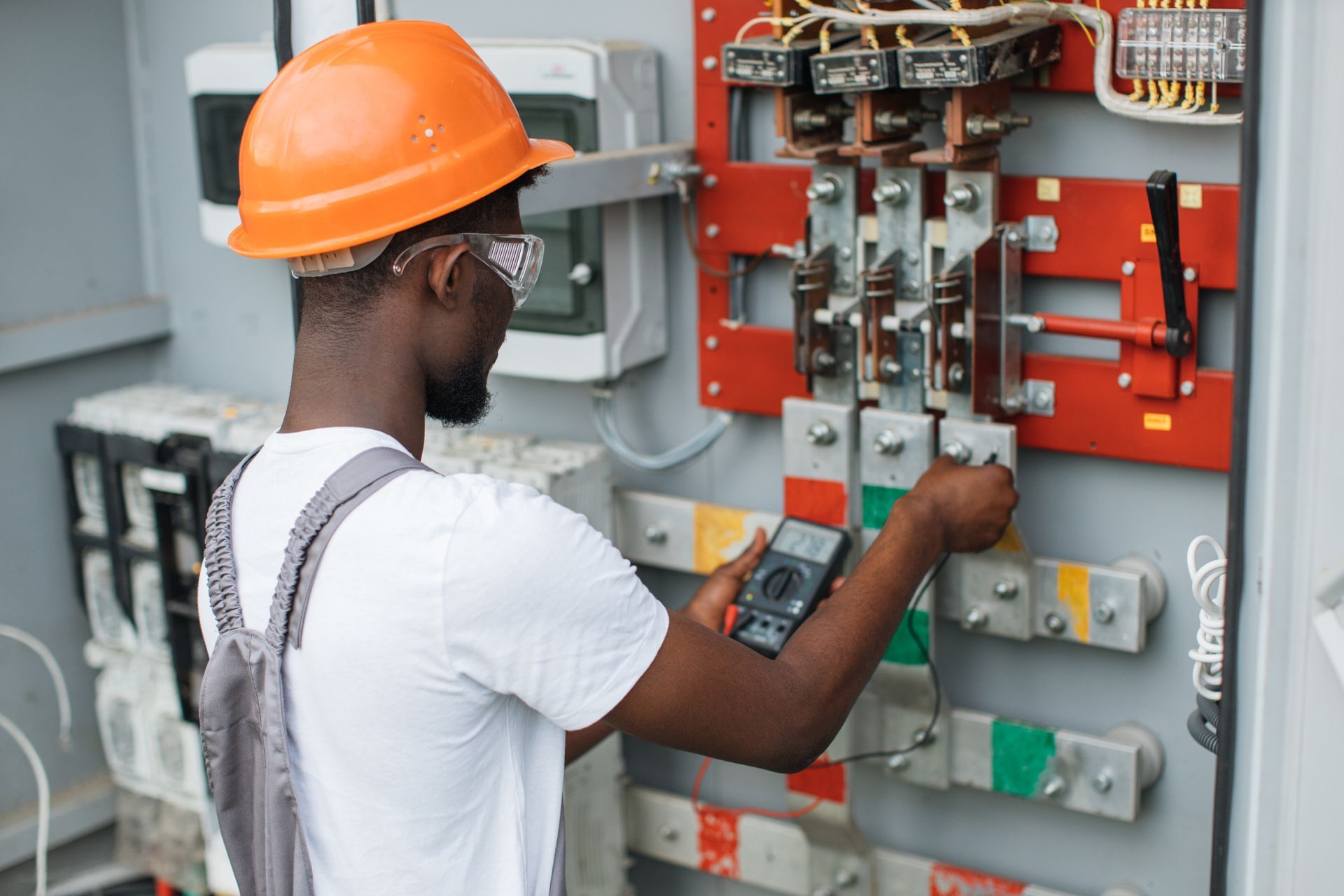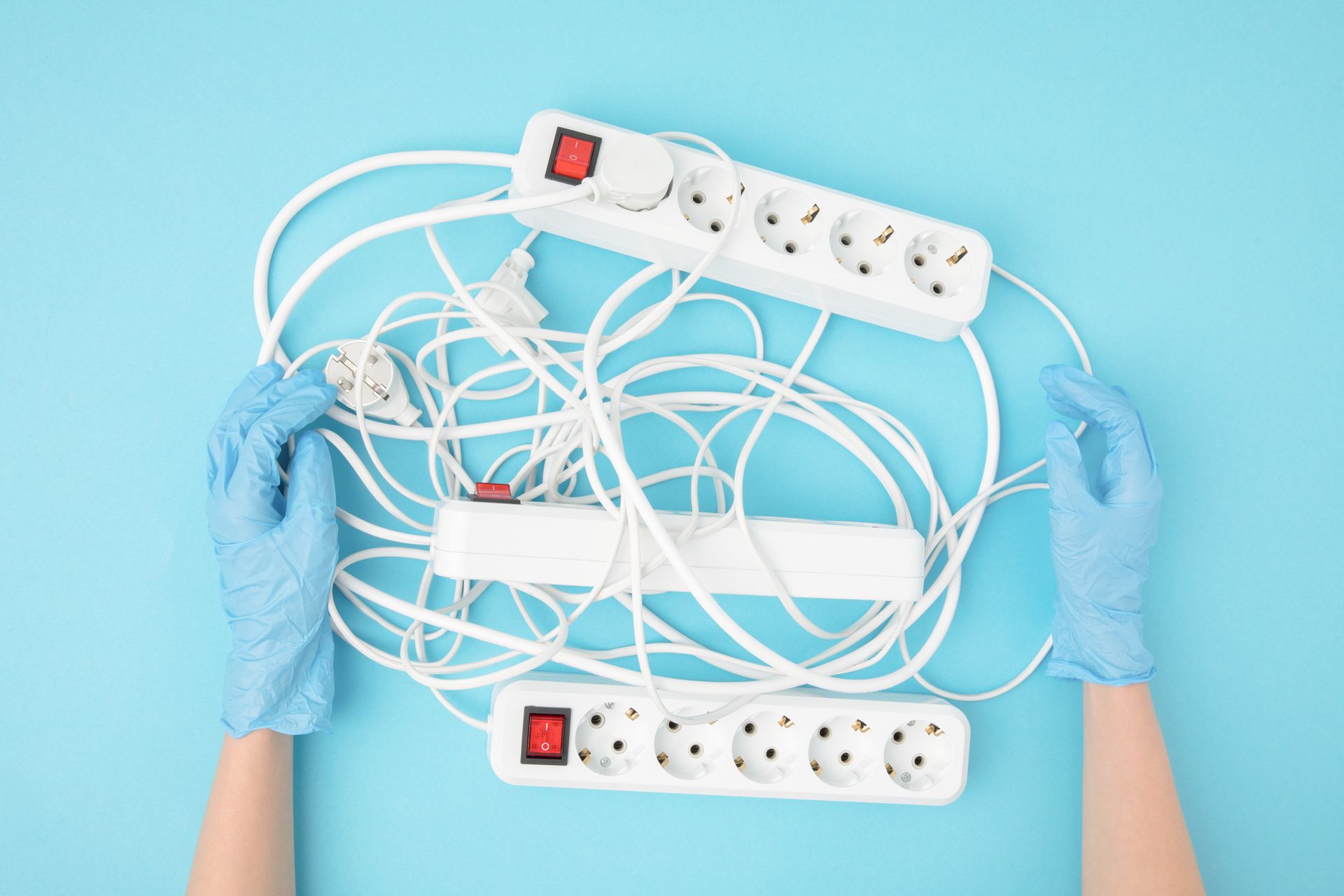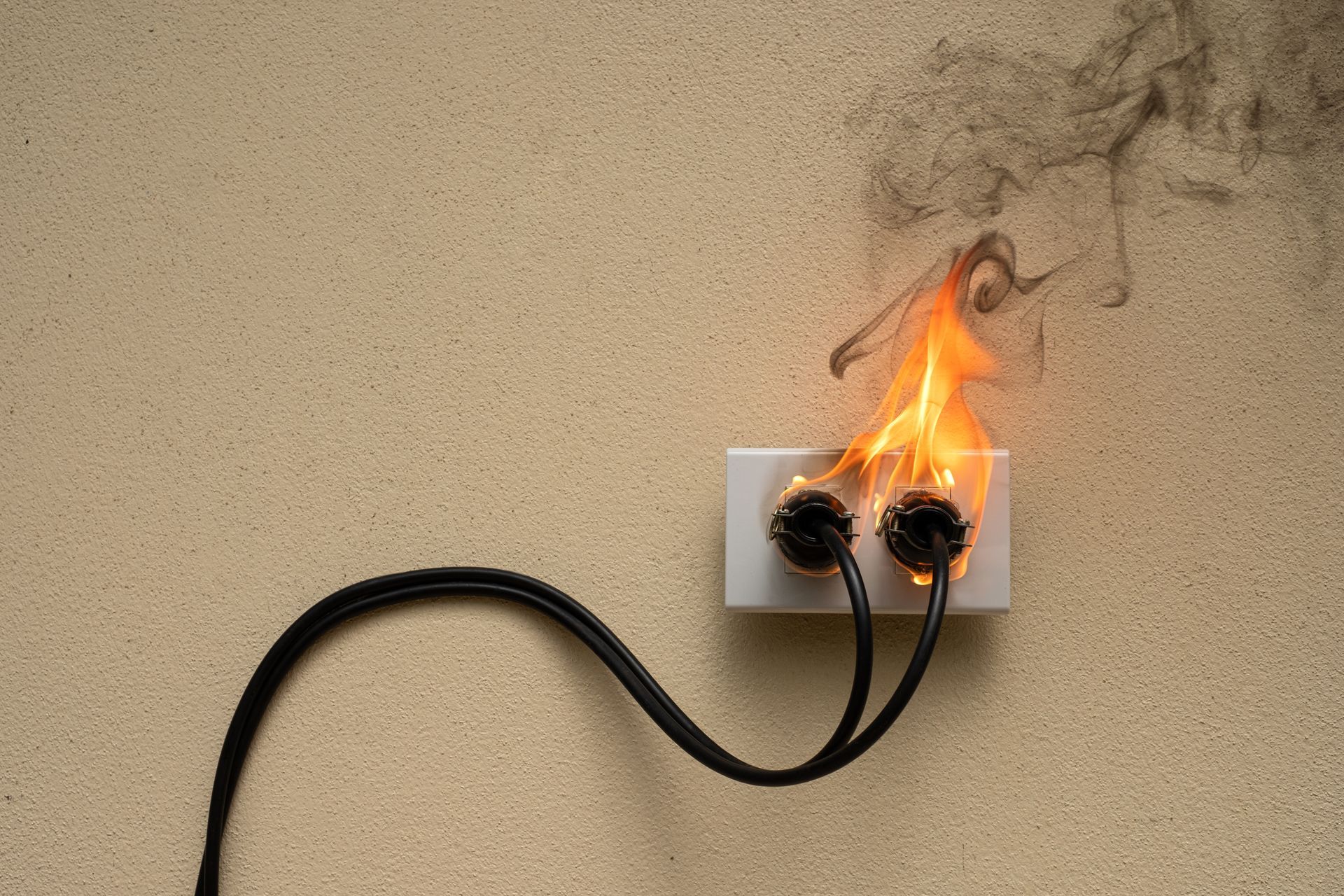Understanding Energy Consumption and How to Avoid Excessive Usage
Understanding Energy Consumption and How to Avoid Excessive Usage
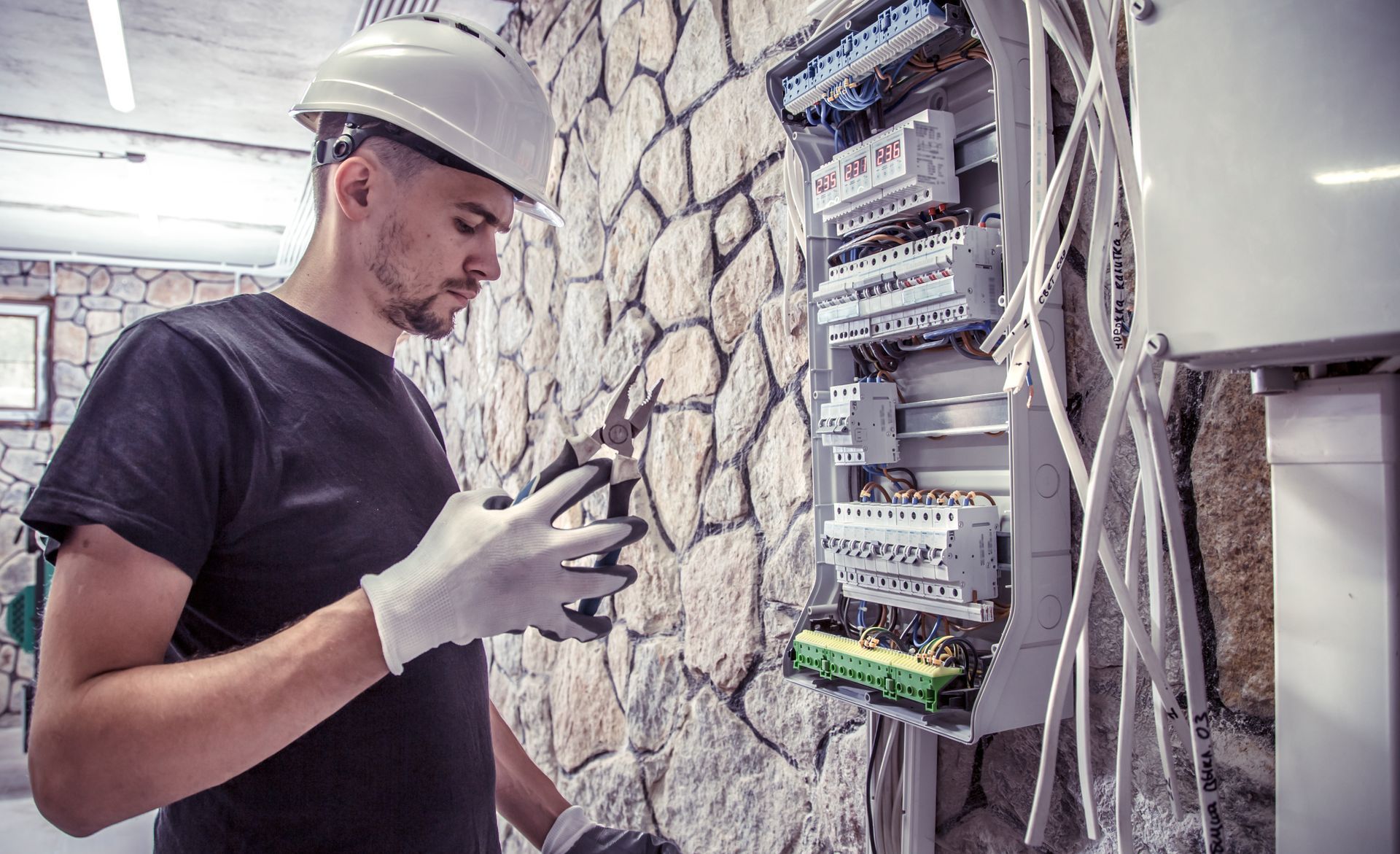
Energy consumption is a crucial factor that affects both the environment and the financial well-being of households and businesses. Whether you are concerned about rising utility costs or environmental sustainability, learning how to manage and reduce energy consumption can make a big difference. In this blog, we will explore how energy is consumed and practical strategies to avoid wasting energy.
How Energy is Consumed
Energy is consumed in various forms, from electricity to gas and oil. Here's a breakdown of the most common ways energy is used in homes and businesses:
- Heating and Cooling Systems: HVAC (Heating, Ventilation, and Air Conditioning) systems account for the largest portion of energy consumption, especially in climates with extreme weather. Poor insulation, outdated systems, and excessive use contribute to significant energy waste.
- Lighting: Lighting is another major energy consumer. Older incandescent bulbs use far more electricity than modern LED lights. Poor habits, such as leaving lights on when not in use, add to unnecessary consumption.
- Appliances and Electronics: Appliances, whether in homes or offices, consume large amounts of energy. Refrigerators, washing machines, computers, and televisions are constantly drawing power. Even when electronics are turned off, many continue to draw "phantom" or "standby" power.
- Water Heating: Water heaters are often left running around the clock, and inefficient water heaters or excessive water use can spike energy bills.
- Office Equipment and Machines: In business environments, printers, servers, office computers, and machinery continuously draw energy, and inefficient equipment can waste large amounts of electricity.
Practical Tips to Avoid Excessive Energy Consumption
Now that we understand where most energy is consumed, here are some actionable steps to reduce energy usage and avoid waste.
- Upgrade to Energy-Efficient Appliances: One of the best ways to reduce energy consumption is by investing in energy-efficient appliances. Look for appliances with the ENERGY STAR® label, which are designed to use less electricity without sacrificing performance. In offices, energy-efficient computers, printers, and machines can cut down operational costs significantly.
- Use Smart Thermostats: Heating and cooling are often the biggest culprits in high energy usage. Smart thermostats can help you regulate your home or office temperature more efficiently by learning your schedule and adjusting accordingly. By setting your thermostat a few degrees lower in winter or higher in summer, you can reduce energy consumption without compromising comfort.
- Improve Insulation: A well-insulated home or office keeps the temperature regulated, reducing the need for constant heating or cooling. Check your windows, doors, and walls for leaks, and seal them to prevent energy loss. This simple step can lower your energy bills significantly, especially during peak heating or cooling seasons.
- Switch to LED Lighting: Replacing traditional incandescent light bulbs with LED bulbs is a small change that can have a significant impact on energy savings. LEDs use about 75% less energy than incandescent lighting and last 25 times longer. Additionally, consider installing motion sensors or timers in areas like hallways and bathrooms to avoid leaving lights on unnecessarily.
- Unplug Appliances and Electronics When Not in Use: Many devices continue to draw power even when they are turned off. These "phantom" or "standby" loads can add up over time. Unplugging electronics such as phone chargers, microwaves, and computers when they are not in use will prevent unnecessary energy waste.
- Use Energy-Efficient Windows: If your home or office has older windows, consider replacing them with energy-efficient options. Double-pane windows provide better insulation and help maintain indoor temperatures. Reflective coatings and tinted glass can also reduce the amount of heat entering or leaving through windows, leading to energy savings.
- Practice Mindful Energy Habits: Encourage energy-saving habits both at home and in the office. Simple practices like turning off lights when leaving a room, setting office computers to sleep mode after a period of inactivity, and only running appliances like dishwashers or washing machines with full loads can prevent excessive energy use.
- Install Solar Panels: For long-term energy savings and sustainability, consider installing solar panels. While the upfront cost may be higher, solar energy can significantly reduce your reliance on traditional power sources, resulting in lower energy bills and a smaller carbon footprint.
- Manage Water Heating: Lower the temperature on your water heater to 120°F (49°C), which is still hot enough for most uses but saves energy. Additionally, consider using energy-efficient water heaters or tankless systems that only heat water when it's needed.
- Opt for Energy Audits: Conducting an energy audit can help identify areas where your home or business may be using more energy than necessary. Many energy companies offer audits to evaluate your energy consumption and suggest practical ways to reduce waste.
The Benefits of Reducing Energy Consumption
By implementing these energy-saving strategies, you'll enjoy several advantages:
- Lower Energy Bills: Reducing your energy usage directly translates into savings on your monthly bills, making a noticeable impact over time.
- Environmental Impact: Energy conservation reduces the demand on power plants and lowers greenhouse gas emissions, contributing to a more sustainable future.
- Increased Equipment Lifespan: Using energy-efficient appliances and reducing overuse of heating/cooling systems can extend the life of your equipment, lowering repair and replacement costs.
- Improved Comfort and Productivity: A well-insulated, energy-efficient home or office provides a more comfortable environment, increasing productivity and well-being.
Conclusion
Reducing energy consumption is not only a smart financial decision but also an important step toward sustainability. By making a few simple changes in your daily habits, upgrading to energy-efficient equipment, and managing your energy use more effectively, you can significantly lower your energy bills and contribute to a greener future.
If you’re unsure where to start, consider consulting an expert for advice on energy-saving solutions that are tailored to your specific needs. With TraceTech Solutions, you can implement advanced circuit mapping and tracing solutions to monitor your energy use and reduce waste, ensuring your home or business operates efficiently while minimizing energy costs.
